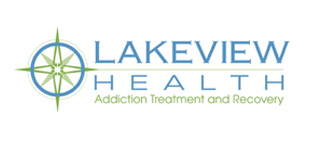You have finally taken the biggest step in your journey to drug and alcohol recovery - you have admitted that you have a problem and that you need professional help. This step comes with a wave of relief of having gotten past that impossible crux and finally saying that this destructive lifestyle must stop. On the other hand, you have just embarked on a difficult life journey that will change you for the best, but will take a lot of work to get there. So what now? Before starting on a treatment program, which will help you immensely, ask yourself these three questions when scouting drug and alcohol rehabs to make sure that your unique recovery needs are met.
What is success?
Programs set their own standards of success and look for different results. Some consider success to be someone who continues to take prescribed methadone or Suboxone and attend meetings after the program ends. Others consider finishing the 28-day stay to be a success. Other programs incorporate more factors in post-rehab life, like if the person is able to get and maintain gainful employment, family relations, and of course staying abstinent. What do you define as success? The program you choose should be geared toward the same results that you’re aiming for.
Will it help in life?
Rehab is a difficult first step, but the real test comes after the treatment program ends and the person has to take what they have learned in rehab and apply it to real life situations and troubles. Leaving rehab can instill a person with a great sense of pride and joy, as it should. However, life issues like drug-using friends, job loss, love loss, and other setbacks can distract a person from their goals of sobriety. The drug rehab program that you choose should teach recovering people proper life and coping skills that will support a sober lifestyle, no matter what comes your way.
Is it real (and effective)?
It is a sad truth that there are people out there who are always ready to take advantage of someone in a time of trouble. There are treatment programs that promise results within only 24 hours by using hallucinogenic jungle-derived drugs; others run aversion therapy programs that also load the person up with drugs, but it adds electroshock therapy over the course of 10 days. Others still offer hypnosis as the path to sobriety. Although everyone would like a quick cure, the reality of the matter is that any sobriety that is worth its weight, as in it offers a real chance and long-term sobriety, will take a considerable amount of time and your complete dedication. Recovery requires the repair of the mind, body, and soul, and their connections to one another.






COMMENTS